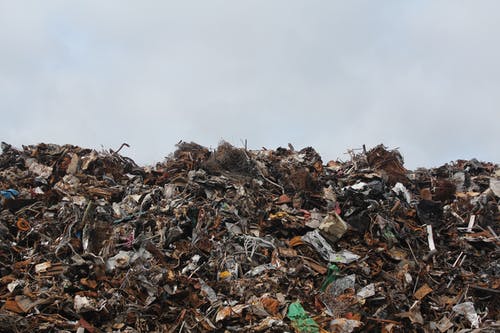Zero Waste Scotland’s Report on scrap flows fundamentally flawed
The Scottish Policy Group (SPG) of the British Metals Recycling Association (BMRA) has called on Zero Waste Scotland (ZWS) to withdraw its report entitled How should Scotland Manage its Scrap Steel? citing serious concerns with its accuracy.
The Group believes that the total apparent lack of engagement with the industry, including the trade association, prior to writing and publishing the report is concerning and has resulted in significant errors in the report.
The data referenced in the report refers to the UK scrap market as a whole and does not differentiate Scotland’s scrap arisings and destinations.
Moreover, the destination of processed Scottish steel scrap is mis-reported as going to blast furnace steel mills in Turkey. In reality, the vast majority is shipped to the short-sea market steel mills in continental Europe, predominately Spain. Most of these steel mills operate with electric arc furnaces (EAFs), most with renewable energy grids.
These data errors effectively mean that the report’s cited carbon savings and benefits of locating a steel mill in Scotland are meaningless as they are compared to steel mills in Turkey, not EAFs based in the European Union.
The report states that locating an EAF in Scotland would save transport and energy emissions over current processes. Again, this is incorrect. Building an EAF in Scotland would result in some 70,000 additional HGV journeys every year to move the stated 820,000 tonnes of processed ferrous scrap in the report. It’s hard to see how this would contribute to achieving Scotland’s net zero aspirations.
Furthermore, the authors do not set out the type of steel mill to be built, which is a critical oversight as no single steel mill could meet Scotland’s needs, as different mills produce different types of steel product.
Finally, any new steel mill would have to operate in a global market. There is no mention in the report where the markets for the steel products produced in a Scottish steel mill would be located, and the energy and emissions generated in transporting to those global markets.
ZWS has subsequently stated that, as part of its ongoing work in this area, it will engage with Scottish industry to gain a more detailed understanding of Scottish scrap steel arisings and our export destinations. However, as a Group, we can’t help but wonder if it would not have been better to consult with us before publishing this report? We would urge ZWS to work with the sector before publishing any further reports.
The SPG invited ZWS to a specially arranged meeting to discuss their report and how the Group could assist them in gaining more accurate data. Regrettably, ZWS pulled out of the scheduled meeting due to other meetings, which arose at short notice. We hope to reschedule this meeting early in the new year.
Twitter @BMRAUK
Facebook/BMRA
About the BMRA and metals recycling:
- In 2017, the UK exported over 9 million tonnes of recovered ferrous (iron and steel) metal, approximately 800,000 thousand tonnes of which leaves from Scotland.
- The UK metal recycling industry is so efficient at recovering metal from end-of-life products that more is recovered than can be consumed domestically. As a result, over 80 per cent of all ‘waste’ metal is now destined for export. This means we are competing against suppliers from the USA and Japan who are not required to characterise recycled metal as waste.
- Every tonne of recycled steel saves: 1.5 tonnes of iron ore, 0.5 tonnes of coal, 70% of the energy, 40% of the water, 75% of CO2 emissions, and 0.97 tonnes of CO2.
- Recycling of metals is also the major contributor to the UK’s achievement of targets under EU Directives such as end-of-life vehicles and packaging.

